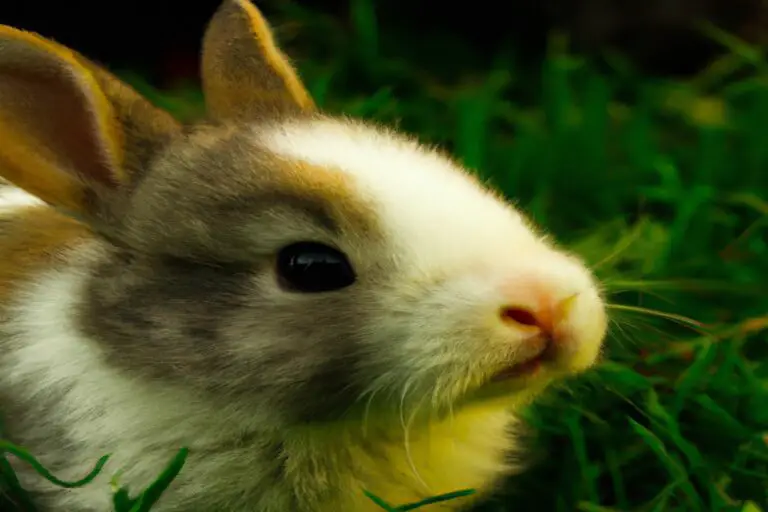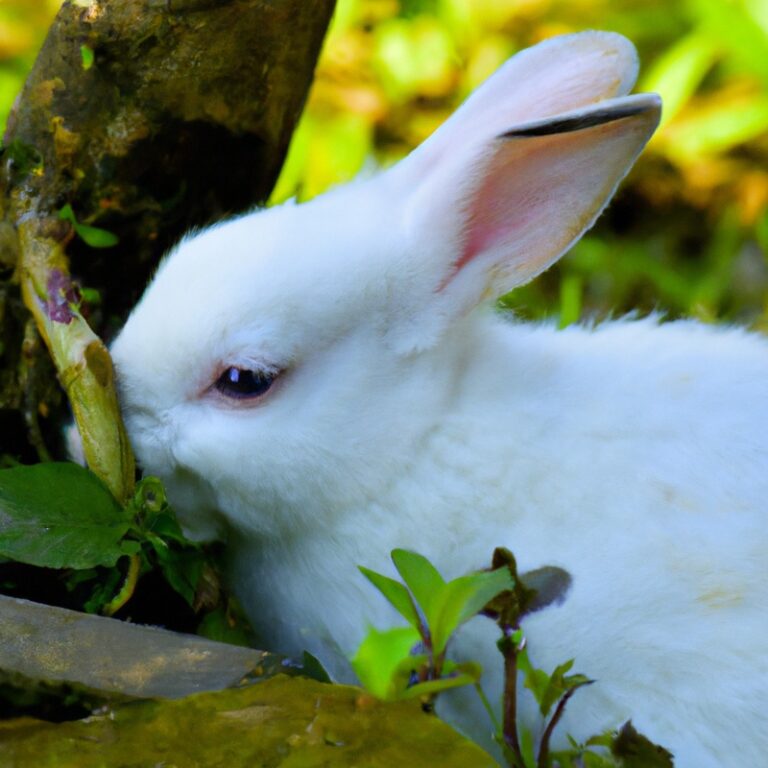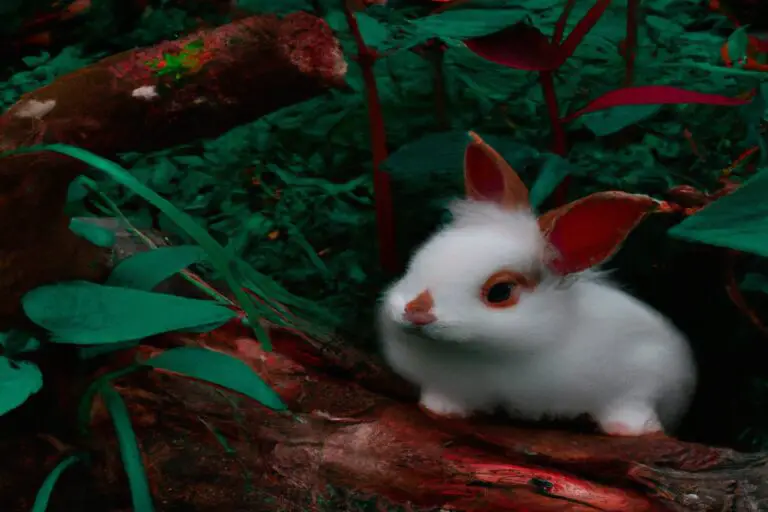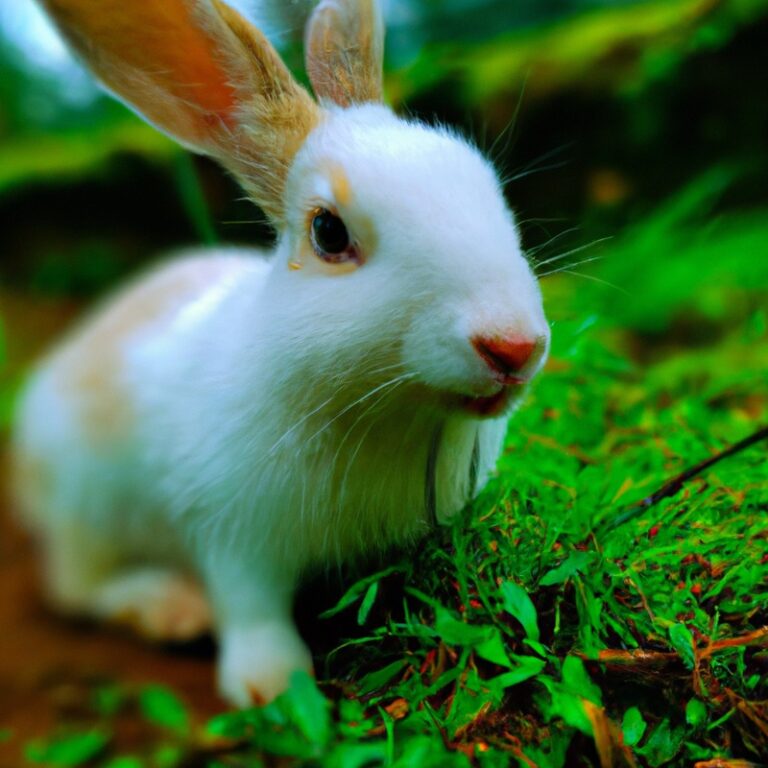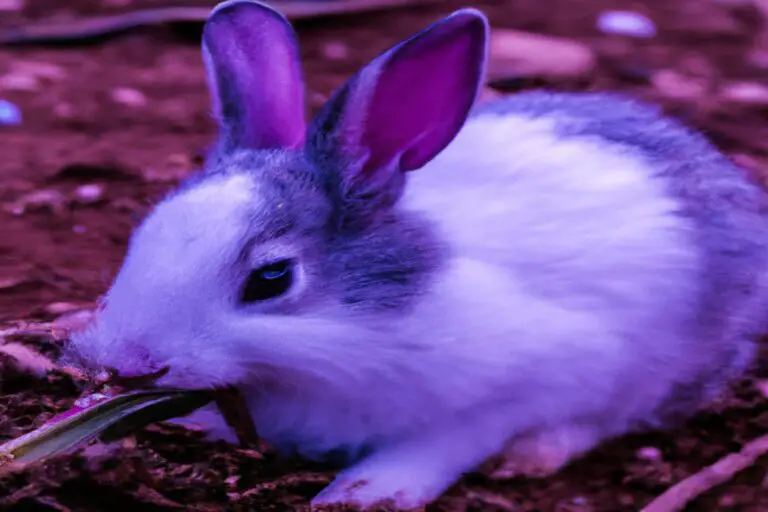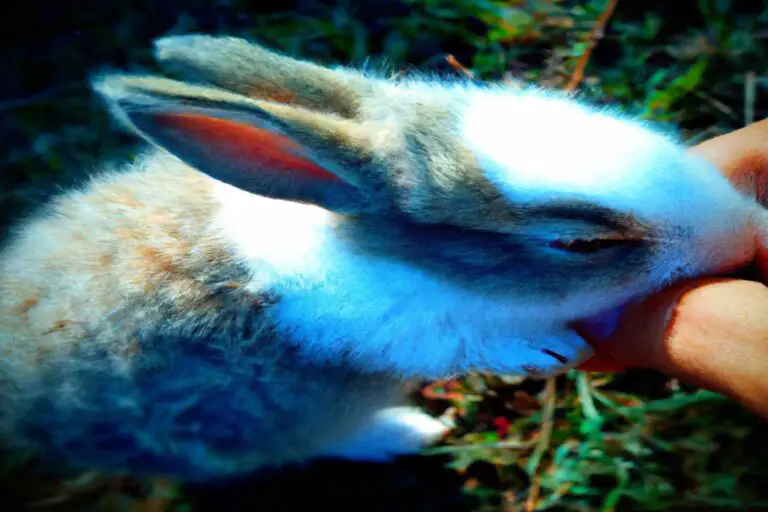Can Rabbits Sense Human Emotions?
Rabbits are popular domesticated animals, and they form an emotional bond with their owners. Unlike other pets, rabbits are complex emotional beings, and you need to be extremely careful about your own emotions around your pet rabbits.
Can rabbits sense human emotions?
Yes, Rabbits can sense human emotion. They sense not only the emotion of their owner but also mirror them. If you are joyful and happy, you will see your rabbit reflecting those emotions, and when you are sad, you will be concerned and upset for you as well.
Rabbits in the wild come in the lower stages of the food chain. They are prey animals and can be hunted by those higher in the hierarchy. Fear is the primary emotion for rabbits, and they also see humans as a predator.
When domesticating a rabbit, you have to be extremely careful of the emotions you display around. Approach your bunny with love, and it will reciprocate the same. However, don’t display anger when you are around your pet as it may sense it and become fearful. That will destroy the bond between you and your bunny.
The emotions and brain of a human and rabbit are quite different. However, there are some similarities in the way they experience grief. Humans can form a deep connection with their pets and consider them as family members. Therefore, the loss of a pet is grieved and mourned in the same way.
Rabbits also form deep bonds. When two rabbits form a deep connection, they generally follow it in the long run. The absence or loss of their friend can make them extremely sad and upset.
Rabbits do not understand human language. Hence, the best way to form a deep connection is to accept them whole-heartedly and shower them with love and affection. Rabbits imitate human behavior. So they will sense your affection and will reciprocate the same towards you. This is the key to forming a long-lasting bond with your pet rabbit.
Rabbits reciprocate to different human attributes in different ways. A key to understanding their behavior is understanding how they respond to humans, their voice, their expression, and their approach.
Let us understand this in more detail.
1. Tone of voice
Rabbits do learn to respond to some human words. However, it is mostly the pattern of sound and tone of voice behind the words that they respond to.
Some rabbits can respond to their name or other instructions. It is due to the fact that they associate some sounds to certain feelings and can respond appropriately.
Rabbits also love listening to music because they like the sound of music and not the lyrics.
Rabbits can pick up on a change in tone as it displays emotion. If you make a certain sound or say a certain word while feeding or playing with your bunnies, they will respond to it positively.
However, if you say the same word in an angry tone, they will become fearful.
The tone of voice that you use while communicating with your rabbit is a guiding factor in your bonding. However, you need to teach them to inculcate good behavior.
Rabbits respond better to positive reinforcement than rebukes. Therefore, you need to teach them with love and affection, but this does not ensure that they will follow every instruction.
Rabbits are not the smartest creatures, and there is certain behavior like chewing cables that need to be stopped.
Build trust before you rebuke them for undesirable behavior. Also, make them understand the importance of “NO” to stop undesirable behavior.
2. Facial expressions
Rabbits do not understand the difference between many facial expressions that a human face has. However, some expressions are unmistakable when backed by emotion.
A pet rabbit that has bonded with its human will sense the emotion behind an expression and will mirror it.
Rabbits themselves have a lot of facial expressions, but they do not recognize the complex expressions on a human face.
Rabbits can misunderstand a smile as a sign of danger and can become fearful. This is because, in the wild, the bared teeth of a predator are seen as a sign of danger.
The important element for a rabbit is the emotion that a human emits rather than their complex expressions.
However, they can respond appropriately to a happy face and a sad face by picking up on the underlying emotions. If you have bonded well, they will also behave in an exactly similar way.
3. Hug & kisses
Humans associate hugs and kisses as a sign of love and affection. However, this is not true for many animals.
Rabbits are not aversive to touch. If you caress your pet while feeling affectionate, they will respond to it with a purr and will even enjoy it.
However, you need to keep in mind that rabbits are prey animals, and an attempt to hug can feel suffocating for a rabbit. They are small animals, and when they feel stuck in a situation, they may resort to biting as an attempt to escape.
It is normal to kiss your pets, but from a rabbit’s perspective, they see humans as predators, and being so close to their mouth can make them uncomfortable. They may resort to bad behavior and can also give you a bad rabbit bite.
Therefore it is important to form a strong bond with your pet and make your bunny trust you. Once you have formed a strong bond, they will sense the love behind your gestures and will react appropriately to hugs and kisses.
Also, never go for a hug or a kiss reluctantly as they will sense it. Also, do not let strangers kiss or hug your pet rabbit.
Rabbits are emotional creatures, and emotion is the key to forming a strong and lasting bond with them. Be careful of your emotions, and always approach your rabbits with love and affection.


